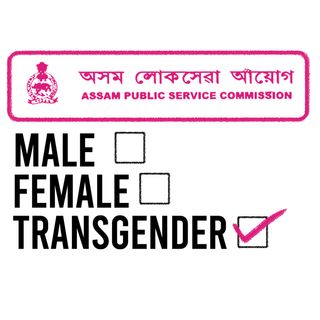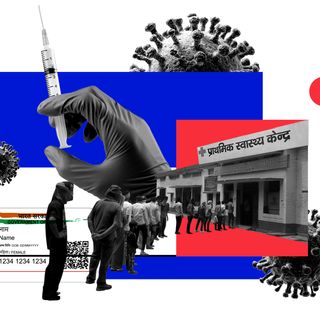Poland’s government delayed the implementation of strict anti-abortion laws after Polish citizens staged one of the largest protests the country has ever seen, during which protestors clashed with far-right activists and riot police.
Around 100,000 protesters gathered in the capital city, Warsaw, to protest after the country’s constitutional tribunal declared abortions unconstitutional — even when a fetus is diagnosed with a serious and irreversible birth defect. The Commissioner for Human Rights, Council of Europe, said the ruling “violates human rights.”
According to data from the pro-life group Stop Abortion, 96% of all legal terminations that occurred in Poland in 2016 were due to fetuses showing abnormalities.
Removing the basis for almost all legal abortions in #Poland amounts to a ban & violates #HumanRights. Today’s ruling of the Constitutional Court means underground/abroad abortions for those who can afford & even greater ordeal for all others. A sad day for #WomensRights.
Prior to the ruling, Poland already had restrictive abortion laws that only allow the termination of a pregnancy in situations where the mother’s health is threatened by the pregnancy continuing, where severe and irreversible damage to the fetus is unavoidable if the pregnancy continues, and where pregnancy is the result of rape or incest. Despite — or because of — this restriction, illegal abortion is common in the country. In 2016, Poland had around 1100 legal abortions and around 150,000 illegal abortions, according to what Krystyna Kacpura, the executive director of the Federation for Women and Family Planning (FEDERA), told Foreign Policy.
Related on The Swaddle:
Abortions: Visualizing the Data on One of the Most Fraught Topics in Women’s Health Care
Members of the ruling Law and Justice (PiS) party, whose supporters also form a significant section of the constitutional tribunal, are reportedly surprised at the scale of the protests. Surveys show that much of the party’s own voter base is opposed to the stricter abortion laws, according to reports by The Guardian and the BBC. This has put the government in a spot, and it is now debating whether to start talks with protesters or to relax this particular clause to allow abortions for life-threatening birth defects, but not other, non-life-threatening defects like the one behind Down Syndrome.
“There is a discussion going on, and it would be good to take some time for dialogue and for finding a new position in this situation, which is difficult and stirs high emotions,” the head of the Polish prime minister’s office, Michał Dworczyk, told Polish media, according to the Daily Beast.




